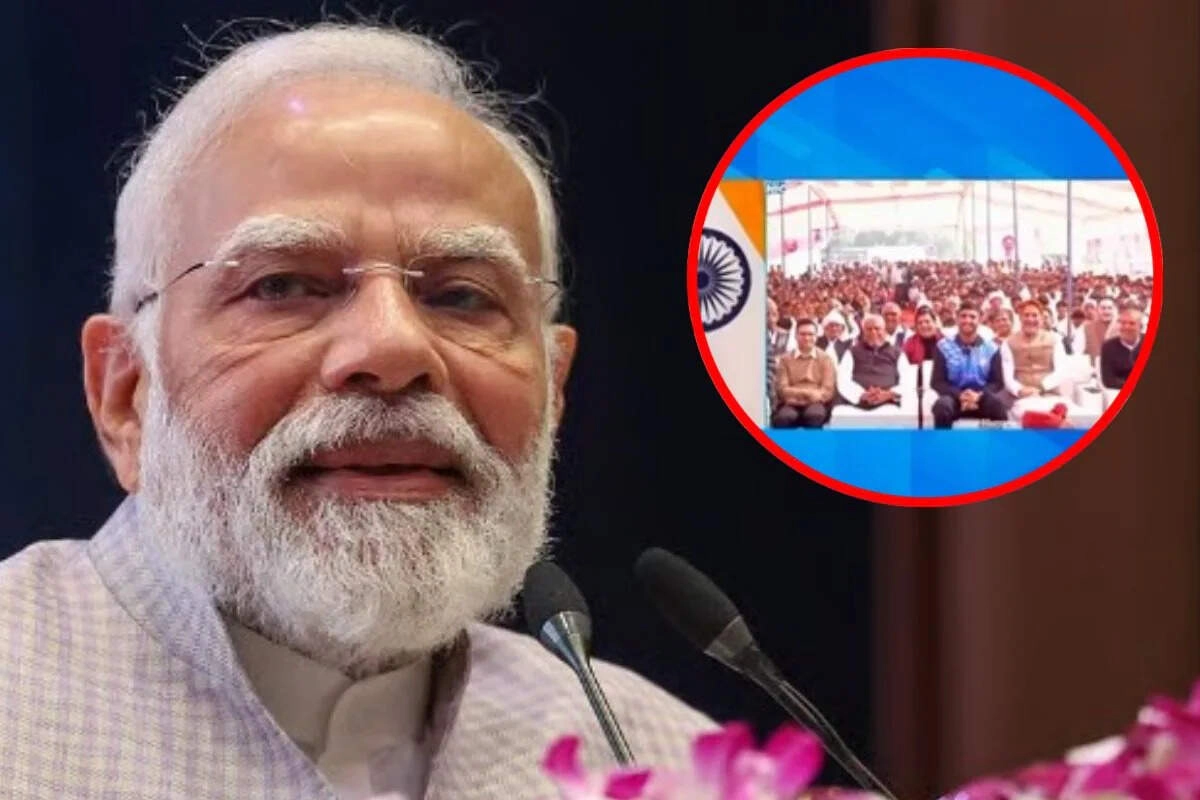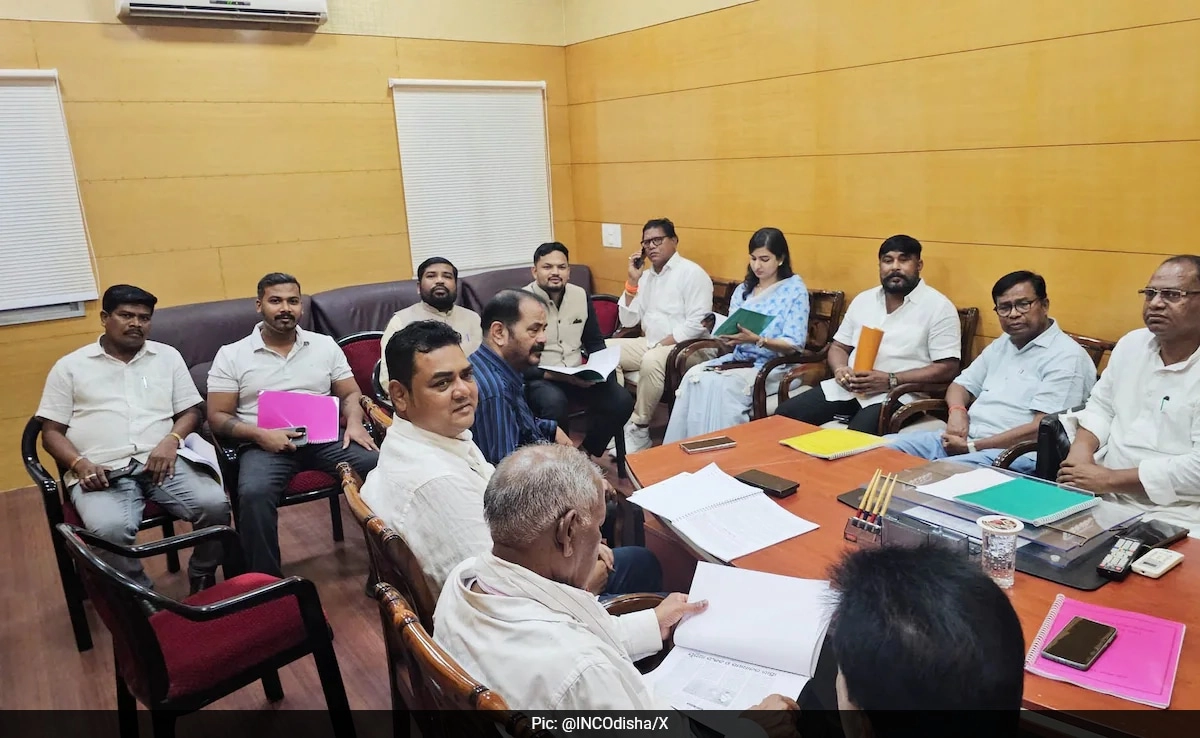Amid ongoing trade negotiations, a prominent U.S. lawmaker has emphasized the importance of India flexing its diplomatic muscle on the global stage. As the world’s largest democracy and one of the fastest-growing economies, India possesses a unique position that can significantly influence international relations and trade agreements. The lawmaker’s remarks come at a crucial time when trade dynamics are shifting due to various geopolitical factors, including the ongoing tensions between major powers and the need for countries to forge stronger partnerships.
India’s ability to navigate these complex trade discussions is critical, especially as it seeks to enhance its economic footprint internationally. The U.S. lawmaker highlighted that India must leverage its strategic alliances and bolster its diplomatic efforts to secure favorable terms in trade negotiations. This is particularly important given the competitive landscape, where other nations are also seeking to expand their influence and secure advantageous trade deals. By taking a proactive stance, India can not only improve its economic standing but also reinforce its role as a key player in global governance.
Furthermore, the lawmaker underscored that India’s engagement in trade talks is not merely about economic benefits but also about establishing a framework for cooperation that can address various global challenges. Issues such as climate change, technology transfer, and supply chain resilience are increasingly becoming central to international trade discussions. As India positions itself as a leader in these areas, its diplomatic efforts can pave the way for collaborative initiatives that benefit not just the participating nations but the world at large.
In conclusion, the call for India to flex its diplomatic muscle is a timely reminder of the country’s potential to shape the future of global trade. By embracing this opportunity, India can foster stronger relationships with key partners, advocate for its interests, and contribute to a more balanced and equitable international trading system. The stakes are high, and the path forward will require a concerted effort from Indian policymakers to engage effectively in these crucial discussions.




